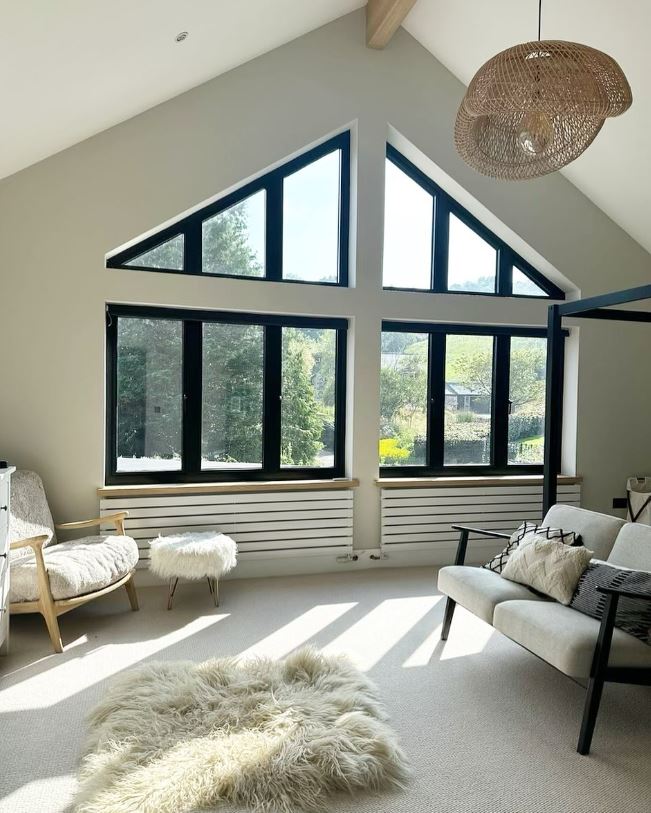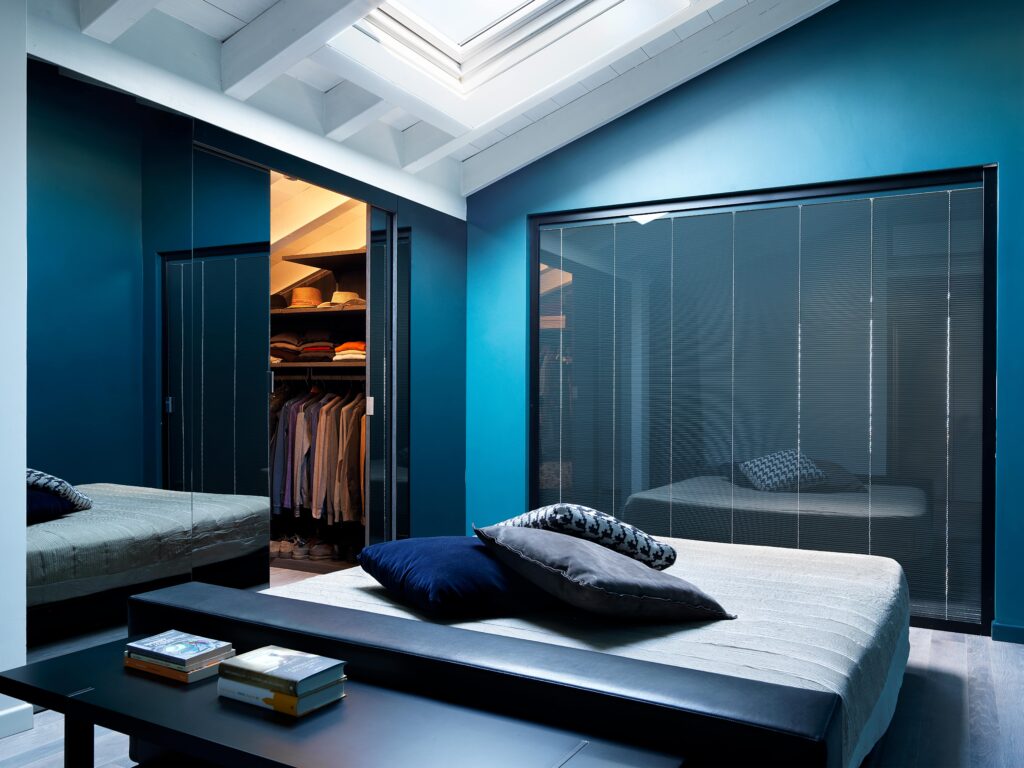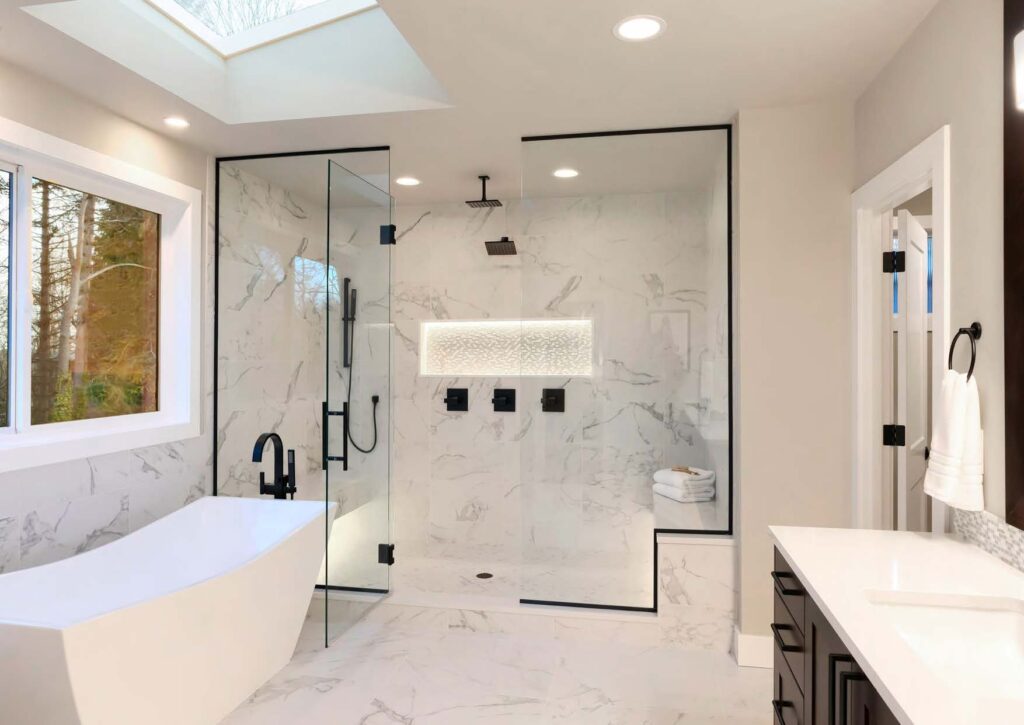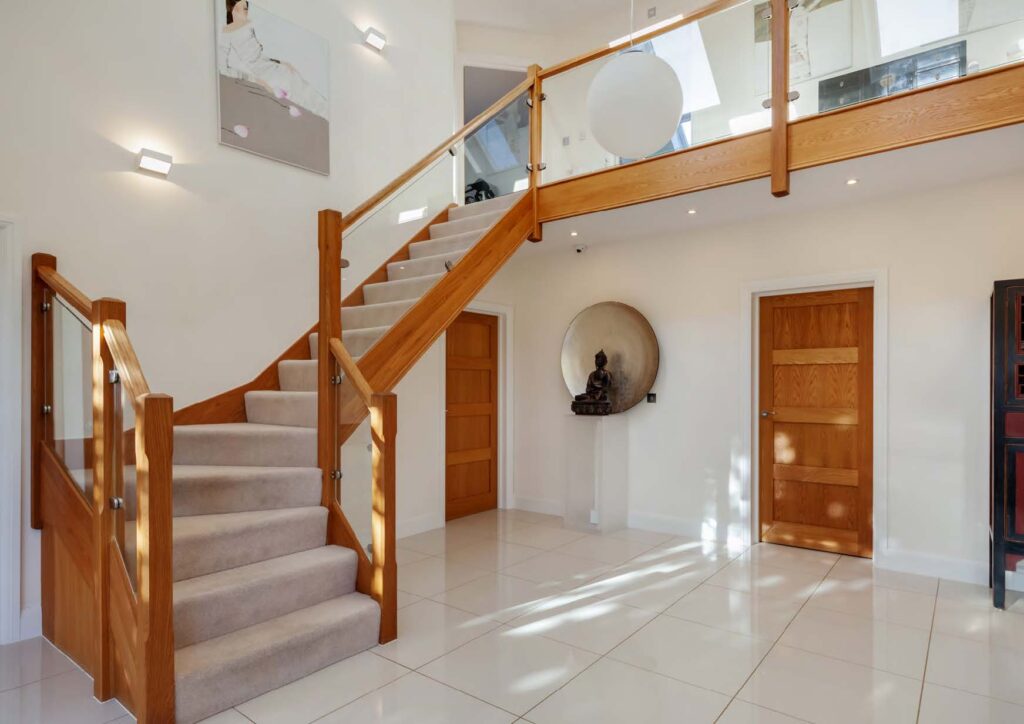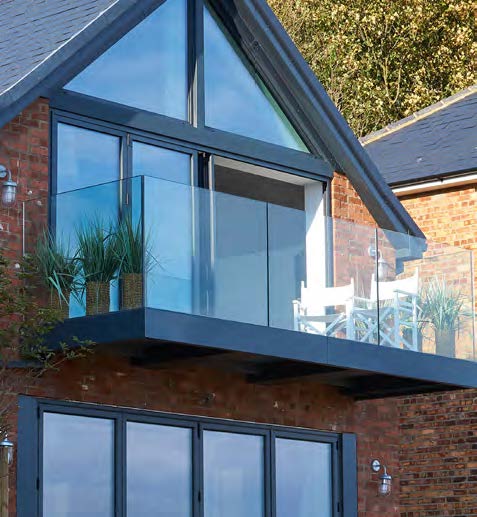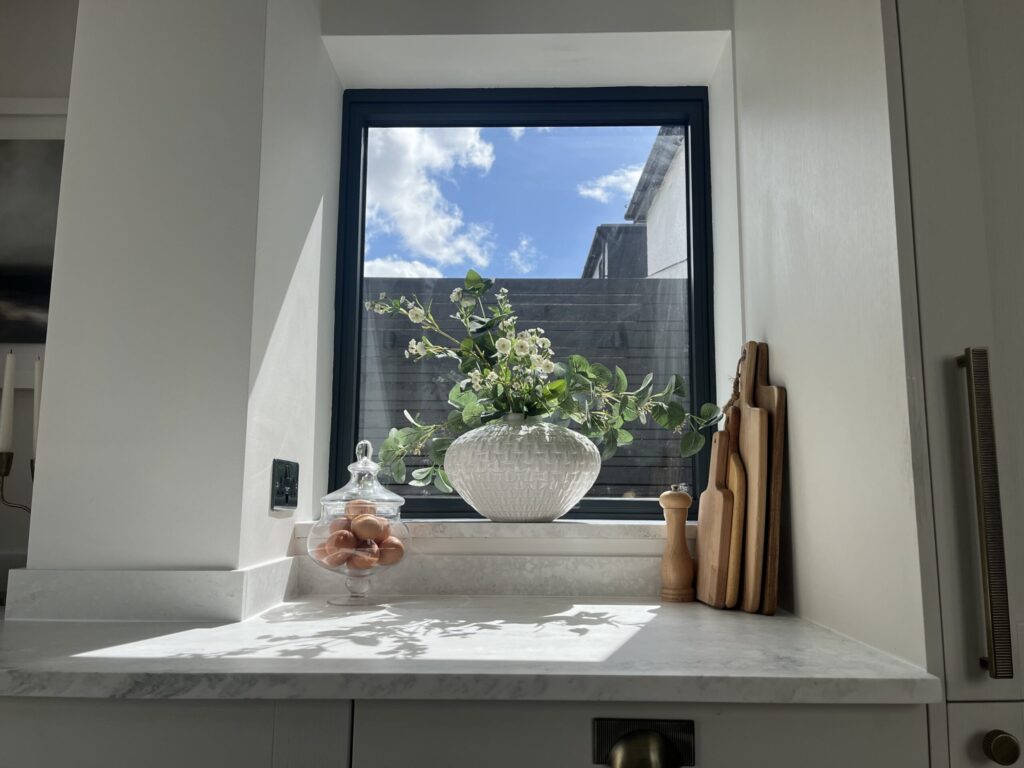How to Make Your Home Safer
How to Make Your Home Safer Home is where we feel most secure, but is your home really as safe as it could be? Whether you’re protecting your loved ones, your belongings, or just your peace of mind, improving home security is one of the most important things you can do. From deterring intruders to preventing accidents, this blog will walk you through practical, affordable, and effective ways to make your home safer, starting today. 1. Reinforce Your Doors and Entry Points Your front door is the first line of defense for your home. It’s also one of the most common entry points for burglars. Tips to secure your doors: Don’t forget your back door Many homeowners overlook rear entrances and patio doors, these are often targeted by intruders because they’re less visible. That brings us to one of the most overlooked safety upgrades… 2. Install Security Glass in Windows and Doors One of the easiest ways intruders break in? Smashing a glass panel in a door or large window. Regular glass is vulnerable to impact, but security glass is built to stand its ground. What is security glass? Security glass is a toughened or laminated glazing system that’s specifically engineered to resist breakage. Even if it cracks under extreme force, it’s designed to hold its shape and stay intact, preventing easy entry. Why it matters: Whether you’re building new or upgrading existing doors and windows, switching to security glass is a powerful step toward a safer home. 3. Light Up Your Property A well-lit home is a safer home. Intruders are far less likely to approach a house that’s bright and visible. Install smart lighting: Don’t forget indoor lighting, having lights on when you’re away gives the impression that someone’s home. 4. Install a Home Security System Modern security systems go beyond alarms, they offer full control, monitoring, and even video footage right from your phone. Benefits: If you are thinking about upgrading your windows and doors, look for a supplier who can offer additional layers of security such as Kubu, offered as standard from manufacturers Trade Window Centre. 5. Childproof Your Home Home safety isn’t just about intruders, it’s also about everyday hazards, especially if you have kids. Childproofing tips: Simple changes can help prevent accidents before they happen. 6. Prevent Falls and Accidents Accidents in the home are more common than you think. Falls, especially, can be serious for children and elderly residents. Preventative steps: Sometimes, a small fix, like taping down a rug or replacing a bulb, can prevent a major injury. 7. Prepare for Emergencies Emergency preparedness is a key part of home safety, especially if you live in an area prone to storms, flooding, or power outages. Prep list: It’s easy to ignore emergency planning, until you need it. Being prepared can make all the difference. 8. Keep Up with Home Maintenance Routine maintenance might not seem like a safety issue, but small problems can quickly turn into serious risks. What to check regularly: Set reminders every season to do a quick safety walk-through of your home. Final Thoughts Your home should be a place where you feel completely at ease. And while no property can be 100% secure, taking simple, proactive steps can dramatically improve your home’s safety physically, digitally, and emotionally. From installing security glass that resists break-ins, to reinforcing doors, improving lighting, and childproofing your space, every improvement you make adds another layer of protection. Start small, stay consistent, and don’t wait for something to go wrong to take action. Because when it comes to safety, prevention is always better than reaction. Here at UKO Glass we offer a range of different glass options to help make your home safer, from toughened glass to laminated glass, we take every measure to ensure that your space has extra security to keep you and your family safe. Interested in finding out more? Speak to our team on 01422 861116.
How to Make Your Home Safer Read More »

